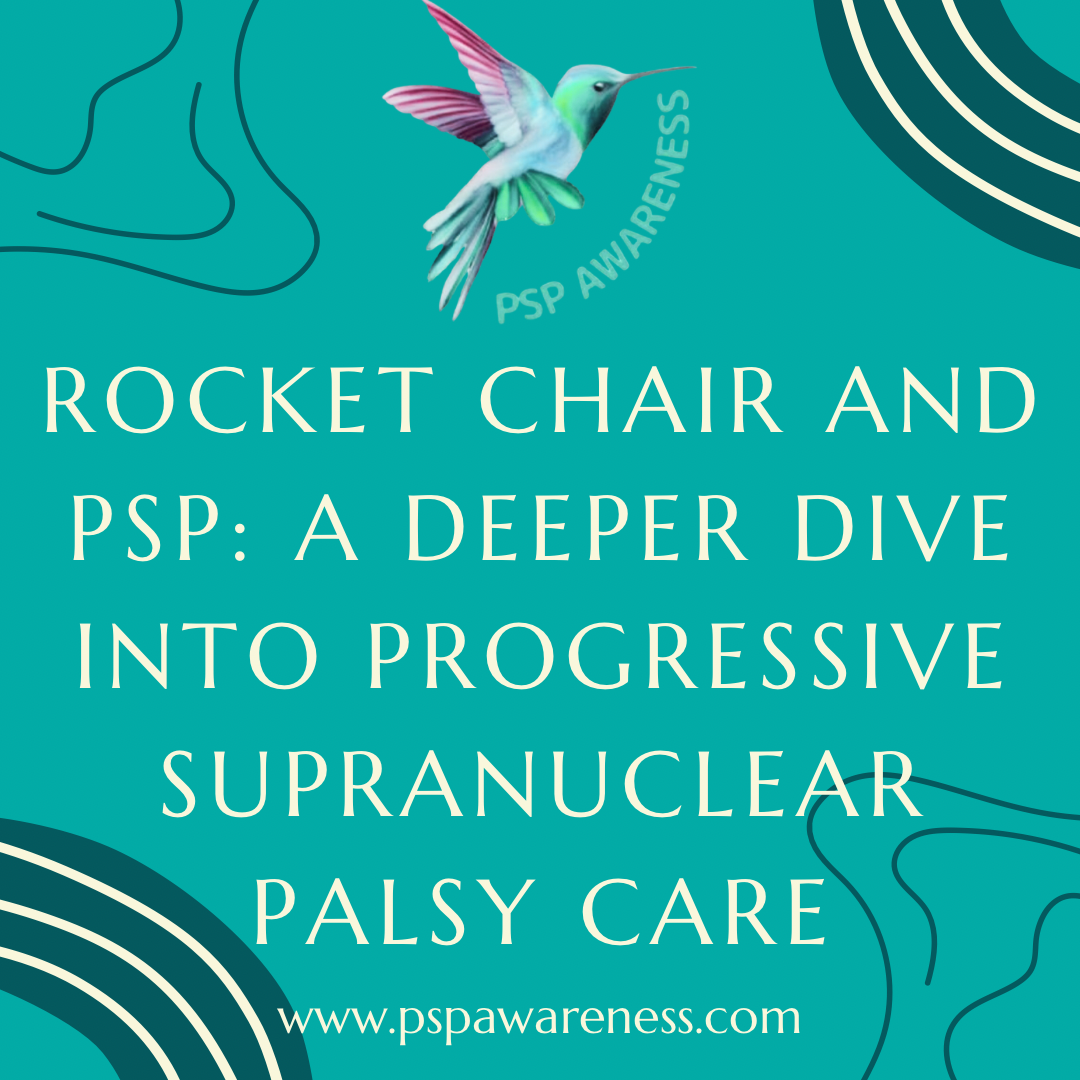
Rocket Chair and PSP: A Deeper Dive into Progressive Supranuclear Palsy Care
Understanding PSP:
PSP, one of the more aggressive forms of parkinsonism, comes with an array of challenges. Patients grapple with rigid muscles, problems with balance, and difficulty controlling eye movements. Impulsivity, a lesser-known symptom, can manifest in sudden, unexpected movements. This is where the concept of the "Rocket Chair" emerges.
The Rocket Chair Phenomenon:
The term "Rocket Chair" refers to the sudden impulse a person with PSP might experience to stand up from a seated position, despite their substantial risk of falling. This action can happen without any forewarning, making it challenging for caregivers who need to be vigilant and responsive at all times.
Taming the Rocket Chair:
Addressing the Rocket Chair phenomenon requires a comprehensive approach. Caregivers must maintain a keen awareness of potential triggers, ensure the environment is safe for potential falls, and apply consistent behavioral strategies that help discourage these impulsive stand-ups.
A strategy worth considering is using distraction techniques. These can be as simple as engaging the person in a conversation, providing a hand-held activity, or introducing a music session. Such strategies aim to redirect the patient's attention, reducing the chances of a sudden stand-up.
Another important tactic is the use of assistive devices and furniture designed to prevent falls. High-backed chairs with armrests, for example, can provide extra support. Simultaneously, using a gait belt when the person is seated can help caregivers respond quickly and safely if a sudden stand-up occurs.
A PSP-Caregiver's Essential:
Managing PSP, particularly the Rocket Chair phenomenon, requires caregivers to be attentive, patient, and quick-responding. It's a strenuous task, and support comes from a variety of sources.
In the world of PSP care, understanding and managing the Rocket Chair phenomenon is critical. Using strategies such as distraction techniques, ensuring a safe environment, and using assistive devices and furniture, caregivers can effectively reduce the risk and impact of these impulsive stand-ups. Remember, every PSP patient is unique, and so is their response to different interventions. Experimenting with different approaches will help establish the most effective care strategy.
Living with PSP or caring for someone with this condition is a challenging journey, but with knowledge, patience, and the right tools, we can help ensure the journey is safer and more comfortable.

 Donate
Donate




3 comments
So grateful for your resource site.
Thanks Taz! Hope you are doing ok!
Great job laura